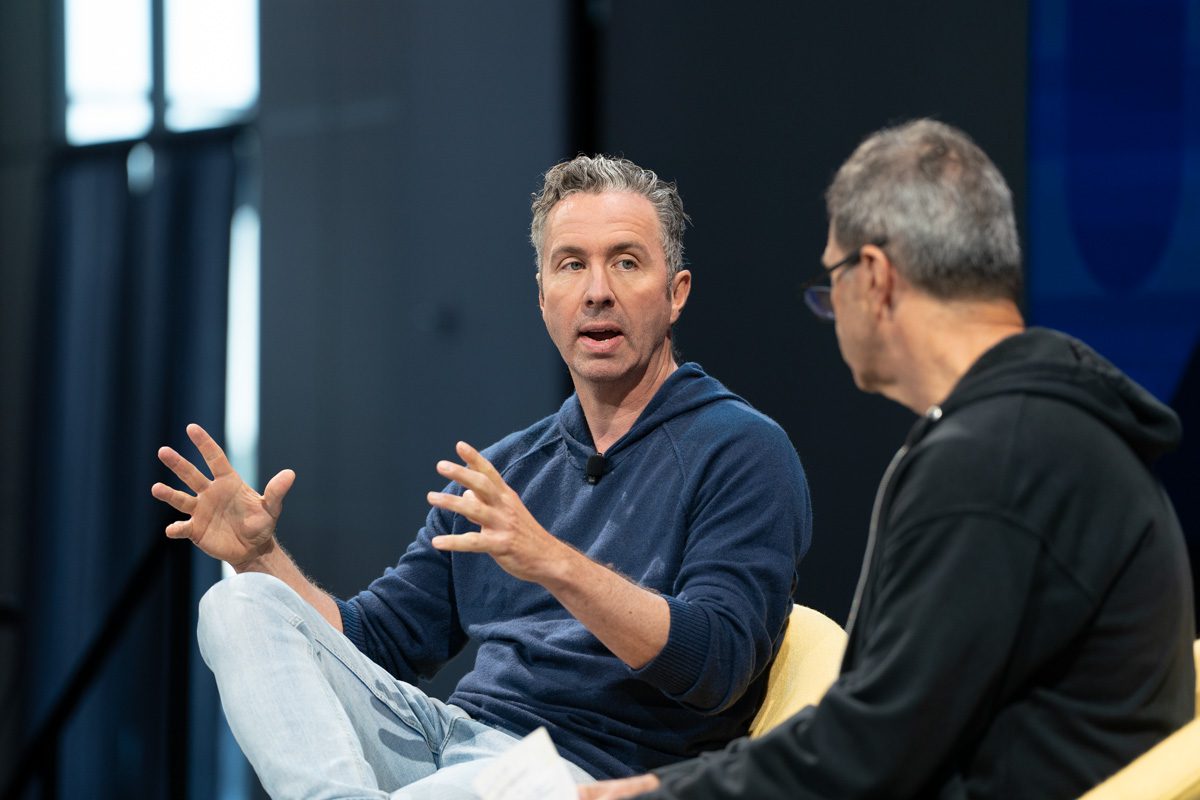Hopper Rides Rise of Fintech Projects to Major Growth

Skift Take
Hopper's strategy to focus on fintech has it well-positioned to take advantage of the growing appetite for products that make trip planning less stressful.
Frederic Lalonde, the CEO and founder of online travel agency Hopper, attributes much of his company's success to its array of financial technology products, such as one that lets customers pay a fee to leave a hotel after check-in for any reason.
"The reason we're able to grow is because of our fintech products," Lalonde said in discussion with Executive Editor Dennis Schaal at Skift Global Forum Wednesday in New York.

